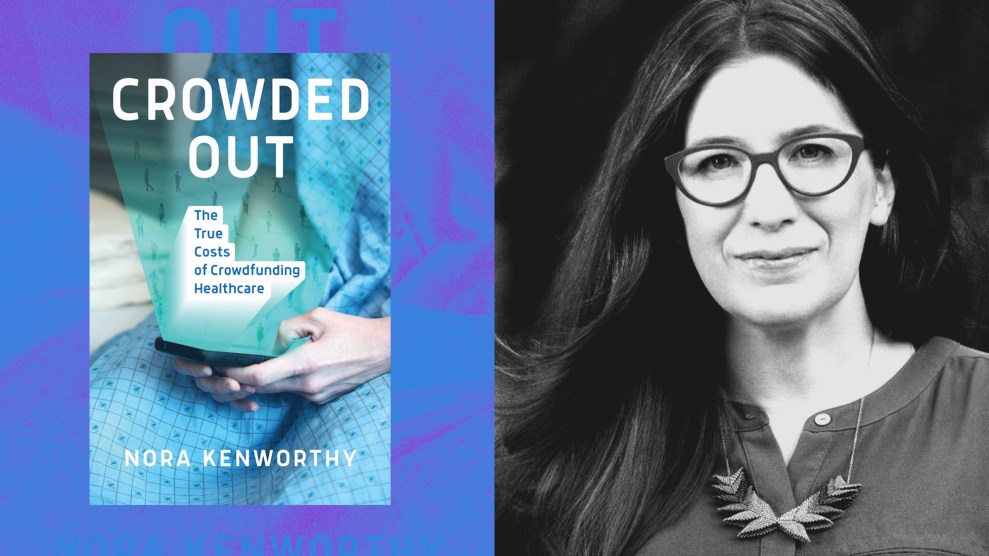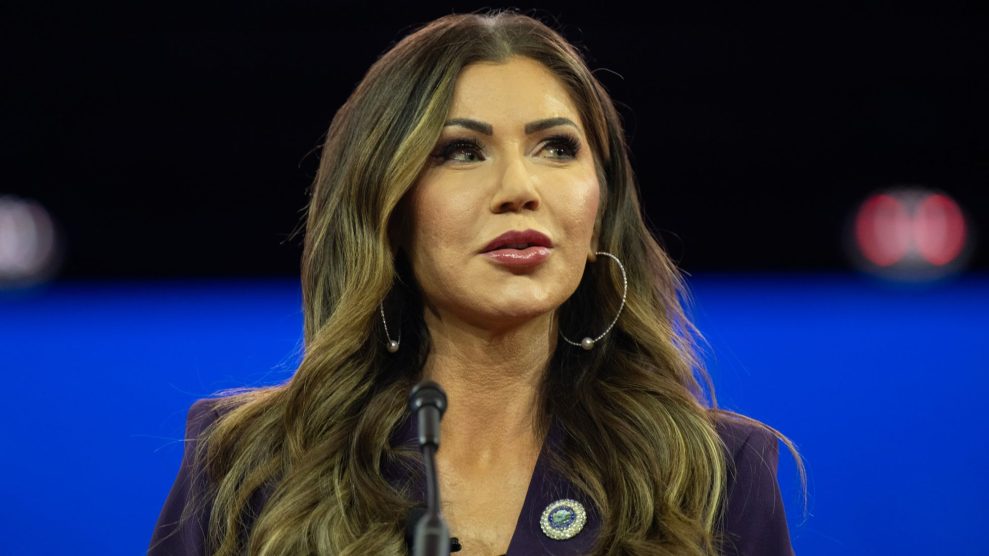What kind of America do you want to live in next year? One with a less pervasive sense of menace and better wages all around? One whose government listens more to its citizens and less to lobbyists?
The good news is that many Americans feel this way; the bad news is that lots of them think Rush Limbaugh and Pat Buchanan have the solution. The main obstacle they see to a safer, more prosperous America is people like you and me.
I recently spent three hours as cohost and foil on Buchanan’s syndicated radio show. He’s as charming as he is hateful. If Clinton’s refrain is, “I can feel your pain,” Buchanan’s slogan is, “I can feel your resentment.” The sentiment Buchanan is mining is more widespread.
One of the guests on his show was Clint Bollick, the smarmy lawyer who stigmatized Lani Guinier as the “quota queen.” He was a reassuring presence compared to the next guest, Michael Bray, who had firebombed half-a-dozen abortion clinics and, after four years in a federal penitentiary, still advocates shooting doctors who perform abortions.
Without taking any responsibility for stirring up hatred, Buchanan was quick to suggest that everything frustrating his guests and listeners was, more or less, the fault of the government–which is obviously run by liberals.
Buchanan is preparing to run for president again. His candidacy seems no more improbable to me than Reagan’s did in 1976. If the American economy deteriorates, his Republicanism (not Jack Kemp’s or the corporate wing’s) will rage. Even if we’re just on uncertain financial ground, with the gross national product and unemployment rising, the next national political debate is likely to be between the Right and Clinton.
Why? Because there’s no counterbalancing force from progressives.
I asked a senior White House official whether the administration felt any serious pressure from the Left. “Yes,” he said, “on appointments.”
When I asked another adviser, he told me that when the administration launched major initiatives, it needed a mild endorsement from a couple of large public-interest groups so that there wouldn’t be a unified attack in the press calling the legislation worthless.
Clinton’s strategy for dealing with these two progressive pressure points is transparent. He’s appointed several women and minorities to visible positions. And he’s kept a few groups like the Environmental Defense Fund and Common Cause in the loop so that they feel like players–and the others can be marginalized.
Clinton believes he can provide the forward movement Americans want by passing legislation, by showing that he has overcome gridlock. To get the votes he needs, he constantly makes deals with the congressional establishment, which constantly makes deals with its powerful PAC patrons. This is why the reform budgets and bills that get passed don’t substantially alter the status quo.
When challenged about the inconsequential content of some Clinton programs, his advisers say that their boss has accomplished a lot just by reframing the debate–that thanks to his efforts, the concept of national health care (for example) has been accepted even if the particulars enacted this time around aren’t very impressive.
Muddling through in this way may prove sufficient. The approach probably reflects the public mood. Have you noticed that most Americans don’t really want to have a sustained conversation about politics? Greed is no longer in vogue, but neither is idealism. The middle class, pressed for time, has developed a consumer ideology: they’ve paid their taxes, now they just want government to deliver.
But if it doesn’t, and if progressives don’t unite their separate concerns into a compelling vision, resentment could unite the country. Rising unemployment will be blamed on immigrants. Failed schools on godless moral relativists. Declining domestic investment on high taxes. The national debt on welfare mothers.
The urge to dismiss Rush Limbaugh and his ditto-heads as a bad joke is understandable. If Americans want to be that stupid, why not turn away? But right-wing bullies thrive on a shared sense of futility. Better to weaken the Right by creating a civic culture that builds on winners. That’s why we’re focusing this issue on gun violence. Four months ago we called attention to the new Black Talon bullet, which was specifically designed to shred human flesh; today, as I write, Winchester has withdrawn it from the market because of mounting adverse publicity. A ban on handguns will take much longer, but it’s what a majority of Americans want.
Despite its baptism in the antiwar movement, my generation doesn’t really like to join hands or groups. We’re more comfortable being critics than leaders. But if other generations join in, we may all rise to the occasion. Voices entering the debate late will be ignored. Unless we step forward now, someone like Pat Buchanan may preside over the nasty dawn of a new millennium.












